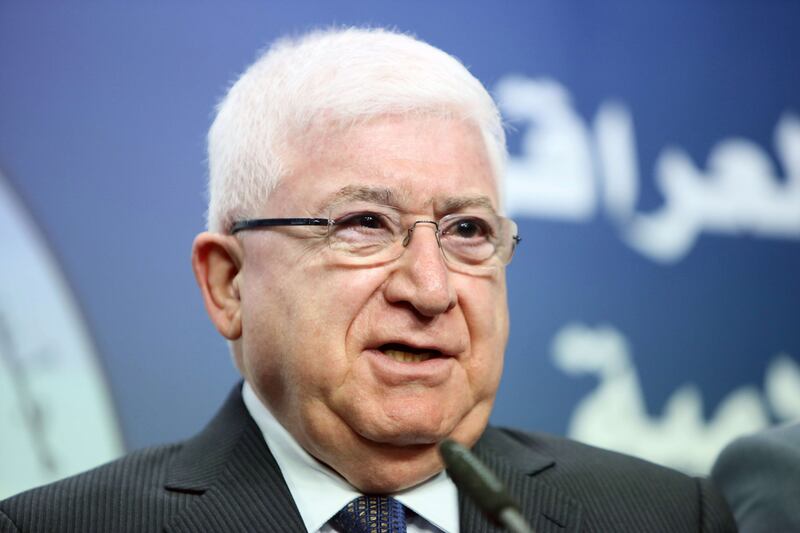The bartering in Baghdad stands in sharp contrast to the destruction and terror just to the city’s north
There is a certain surreal quality to the politics of Iraq these days. The election last week of veteran Kurdish politician Fouad Massoum as president of Iraq is a welcome step forward. Now, Iraq’s politicians will discuss, argue, horse-trade and decide who becomes prime minister.
And yet this slow, step by step dance of politics stands in stark contrast to the existential threat that Iraq itself currently faces. The politicians act as if these were ordinary times. But even by the standards of the astonishingly dangerous and complex decade that Iraq has had until now, these are extraordinary times.
Just in the past few days, as politicians have bickered in the back rooms of Baghdad, the Islamic State has been hard at work, creating facts on the ground. They have targetted Mosul’s Christians, ordered women to wear the niqab and destroyed the tomb of the prophet Yunus (or Jonah to Christians).
A religious site that had stood for centuries vanished in less than a second in a puff of smoke. A community that has been an essential part of Iraq since before the revelation of the Quran is under siege. In any other country, these would be causes for a state of emergency. Instead, we witness a leisurely parade of old men, seeking to carve up their small pieces of power, while Iraq as a functioning entity is destroyed before their eyes. Nor is this happening far away, in the dim reaches of the country’s territory. Mosul is one of Iraq’s most important cities, just a few hundred kilometres from the capital.
This has been the response of Iraq’s politicians ever since the Islamic State, then known as the Islamic State in Iraq and the Levant (ISIL), surged into Iraqi territory. The group had been in control of Fallujah for some months. When, in June, they took Mosul in a lightning strike, the prime minister Nouri Al Maliki vowed the city would not “remain under the shadow of terror”. Two months later, the situation is worse.
Iraqis are choosing a new prime minister. Whoever they choose must understand the gravity of the threat now facing the country.





